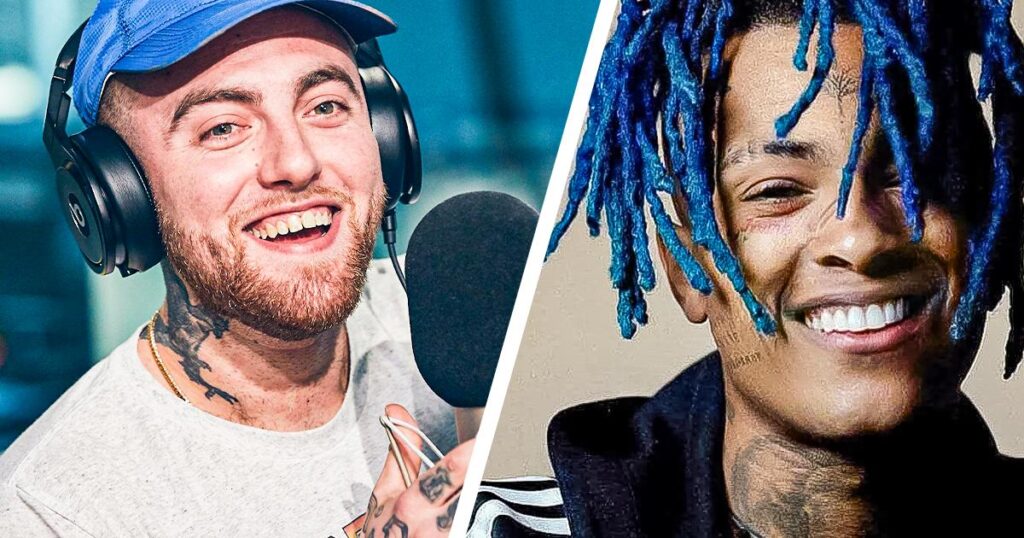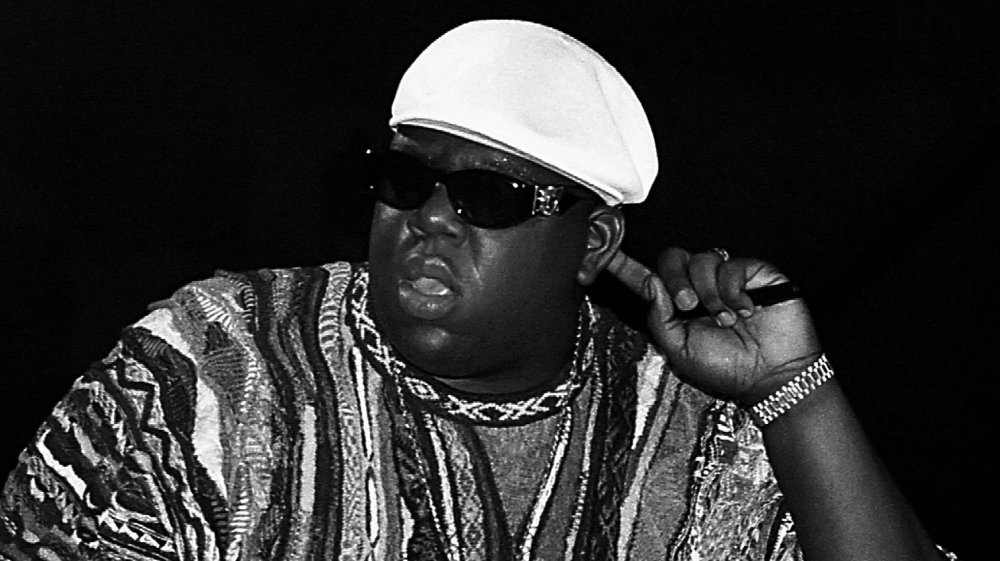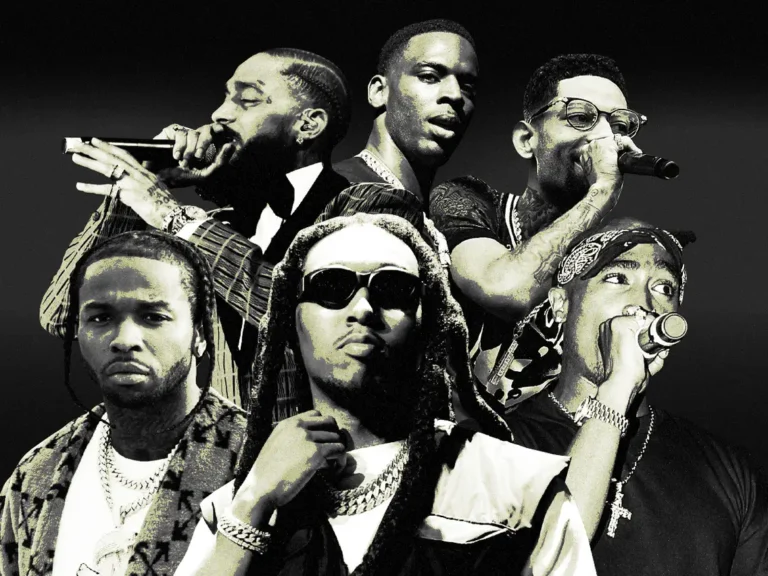The hip-hop community has been rocked by numerous premature deaths of talented artists over the years. From Tupac Shakur and The Notorious B.I.G. to more recent losses like XXXTentacion and Juice WRLD, the pattern of rappers dying young has become a tragic reality. But what factors contribute to this disturbing trend? Let’s explore the complex issues behind these untimely deaths.
Table of Contents
- The Statistics: A Sobering Reality
- Violence in the Hip-Hop Community
- Substance Abuse and Mental Health Issues
- The Pressure of Fame and Success
- Socioeconomic Factors and Background
- The Role of the Music Industry
- Efforts to Address the Issue
- Conclusion: A Call for Change
The Statistics: A Sobering Reality
According to a study published in the Journal of American Medical Association, the average age of death for rap and hip-hop artists is alarmingly low. The research found that more than half of rapper deaths were due to homicide, significantly higher than the general population.
Violence in the Hip-Hop Community
One of the most prominent factors contributing to early deaths among rappers is violence. Many artists come from environments where violence is prevalent, and some maintain these connections even after achieving fame.
- Gang affiliations: Some rappers maintain ties to street gangs, putting them at risk of violent confrontations.
- Feuds and beefs: High-profile disputes between artists can escalate to violence.
- Targeted attacks: The visibility and perceived wealth of successful rappers can make them targets for robbery or assault.

Substance Abuse and Mental Health Issues
The hip-hop industry, like many sectors of the entertainment world, has a complex relationship with substance use. Many rappers struggle with addiction and mental health issues, often exacerbated by the pressures of fame.
- Drug overdoses: Artists like Mac Miller and Juice WRLD died from accidental overdoses.
- Self-medication: Some rappers use substances to cope with anxiety, depression, or PTSD.
- Glorification in lyrics: Drug use is often normalized or celebrated in rap lyrics, potentially influencing behavior.
A study in the Journal of Psychiatric Research found that references to mental health issues in rap lyrics have increased significantly over time, highlighting the prevalence of these struggles in the community.
The Pressure of Fame and Success
Rapid rises to fame can put immense pressure on young artists, leading to various mental health challenges:
- Imposter syndrome: Feeling undeserving of success can lead to anxiety and depression.
- Public scrutiny: Constant media attention and social media criticism can be overwhelming.
- Financial pressure: The need to maintain a lavish lifestyle and support entourages can create stress.
Socioeconomic Factors and Background
Many successful rappers come from disadvantaged backgrounds, which can have lasting impacts on their health and life expectancy:
- Limited access to healthcare: Growing up without regular medical care can lead to undiagnosed health issues.
- Trauma: Experiences of violence or poverty in youth can have long-term psychological effects.
- Lack of financial literacy: Sudden wealth without proper financial education can lead to stress and poor decision-making.

The Role of the Music Industry
The music industry itself plays a role in the issue:
- Exploitation: Some argue that record labels prioritize profits over artist wellbeing.
- Image promotion: The industry often promotes and profits from “gangsta” images, which can encourage risky behavior.
- Lack of support: Many artists lack proper mental health and addiction support systems.
Efforts to Address the Issue
Awareness of these issues has led to some positive changes:
- Mental health initiatives: Organizations like Hip Hop Psych use hip-hop to promote mental health awareness.
- Artist-led movements: Some rappers are speaking out about mental health and substance abuse, encouraging others to seek help.
- Industry reforms: Some labels are implementing wellness programs and offering more support to their artists.
Conclusion: A Call for Change
The premature deaths of so many talented rappers represent a complex issue rooted in various social, economic, and industry-related factors. Addressing this problem requires a multi-faceted approach involving artists, the music industry, healthcare professionals, and society at large.
By promoting mental health awareness, providing better support systems, addressing systemic inequalities, and changing harmful industry practices, we can hope to see a future where talented artists are able to thrive and create for many years to come.
What are your thoughts on this issue? How do you think we can better support the mental health and wellbeing of artists in the hip-hop community? Share your ideas in the comments below.


